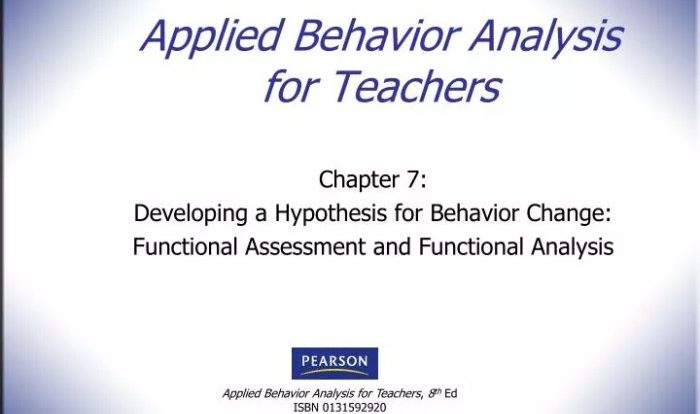Welcome to the definitive logical fallacies worksheet with answers pdf, meticulously crafted to provide a thorough understanding of the art of logical reasoning. This comprehensive resource empowers you to identify, analyze, and counter fallacies, equipping you with the critical thinking skills essential for navigating today’s information-saturated world.
Within this worksheet, you will find a comprehensive list of logical fallacies, expertly categorized and explained, along with illustrative examples and counterarguments. Engaging exercises challenge your understanding and hone your ability to recognize and refute fallacies. Moreover, real-world applications demonstrate how fallacies manifest in everyday conversations and media, enabling you to become an astute evaluator of arguments.
Logical Fallacies Worksheet
A logical fallacy is a flaw in reasoning that renders an argument invalid. Logical fallacies can be either formal or informal.
Formal fallaciesare errors in the structure of an argument. They can be identified by examining the form of the argument, regardless of the content. Informal fallaciesare errors in the content of an argument. They can be identified by examining the premises and conclusions of the argument.
Logical Fallacies Examples, Logical fallacies worksheet with answers pdf
| Fallacy | Definition | Example | Counterargument |
|---|---|---|---|
| Ad hominem | Attacking the person making the argument rather than the argument itself. | “You’re just saying that because you’re a liberal.” | The person’s political affiliation is irrelevant to the validity of the argument. |
| Straw man | Misrepresenting the opponent’s argument to make it easier to attack. | “You’re saying that we should abolish all taxes. That’s ridiculous!” | The opponent may not have actually said that we should abolish all taxes. |
| Begging the question | Assuming the truth of the conclusion in the premises. | “God exists because the Bible says so.” | The Bible is not an independent source of evidence for the existence of God. |
| Circular reasoning | Using the conclusion to support the premises. | “I know that this is true because I feel it in my heart.” | Feelings are not a reliable source of evidence. |
| False dichotomy | Presenting only two options when there are more than two. | “Either you’re with us or you’re against us.” | There may be other options that are not being considered. |
| Slippery slope | Claiming that one event will inevitably lead to a series of other events, even though there is no evidence to support this claim. | “If we legalize same-sex marriage, then next thing you know, we’ll be legalizing bestiality.” | There is no evidence to support this claim. |
| Hasty generalization | Making a generalization based on a small sample size. | “All men are cheaters.” | This generalization is based on a small sample size and is not representative of all men. |
| Appeal to ignorance | Claiming that something is true because it has not been proven false. | “There is no evidence that ghosts don’t exist.” | The lack of evidence does not prove that ghosts exist. |
| Appeal to emotion | Using emotions to persuade rather than logic. | “You should vote for me because I’m the only candidate who cares about the poor.” | The candidate’s concern for the poor does not necessarily mean that they are the best candidate for the job. |
| Appeal to authority | Using the authority of an expert to support an argument, even though the expert is not an expert in the field. | “My doctor told me that vaccines are dangerous.” | The doctor is not an expert in vaccines and their safety. |

